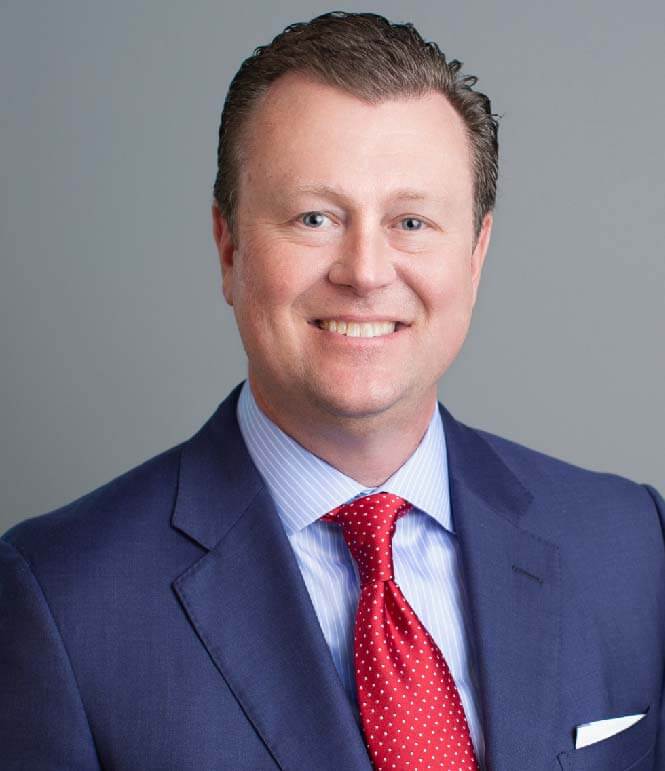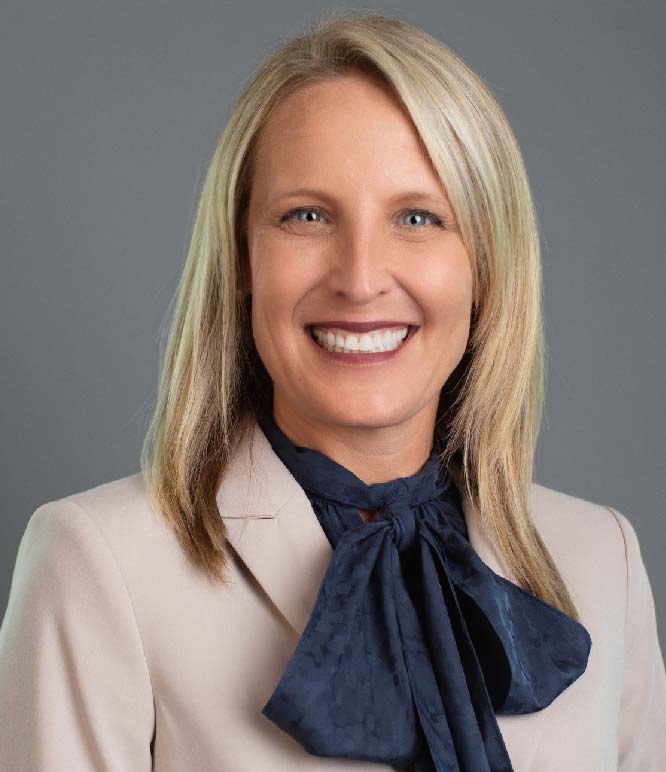Many people have causes that are near and dear to their hearts, and there’s not a charity on earth that doesn’t benefit from monetary contributions. Donor-advised funds (DAFs) offer a simple and flexible way to donate to your favorite charitable organizations with the added benefit of tax savings for the contributor. In order to provide the most benefit for the charity of your choosing along with enjoying some tax savings for yourself, it’s a good idea to employ a financial partner to help ensure your contribution has the most impact for both parties involved. Miser Wealth Partners have an affinity for charitable work, and we enjoy helping our clients put their money to a good cause while also reaping a little benefit for themselves in the process.
What is a donor-advised fund?
A donor-advised fund is a charitable investment account created for the sole purpose of supporting charitable organizations that mean the most to you. When you contribute cash or other assets to a DAF, you are typically eligible to for a tax deduction. Those funds can be invested for tax-free growth for virtually any IRS-qualified public charity. DAFs are the fastest-growing charitable giving means in the U.S. due to being one of the easiest and most tax-advantageous ways to donate to charity.
How do DAFs work?
Miser Wealth Partners can help you establish a DAF account and then donate the asset you choose to be eligible for an immediate tax deduction. DAF contributions are an irrevocable commitment to charity, meaning the funds cannot be returned to the donor (or any other individual) or used for anything other than benefitting the selected charities. Your donation can potentially grow, making even more money available for charities. Most sponsoring organizations offer a variety of investment options so you can choose the best investment strategy for your charitable dollars. That’s where Miser Wealth Partners can help.
What assets can I contribute to a donor-advised fund?
Another benefit of a DAF over a traditional charity is that they can also accept non-cash assets. You have the option of contributing several different kinds of assets to your donor-advised fund. These include:
- Cash
- Stocks, bonds, and mutual funds
- Private business interests
- Private company stock
- Funds in IRAs and 401(k)s
- Cryptocurrencies
- Life insurance
Which charities are eligible for DAF contributions?
You have the option of supporting virtually any IRS-qualified public charity with your donor-advised fund. These can include your local homeless shelter, your alma mater, or your preferred religious institution, among many other options. The public charity sponsoring your DAF account will conduct due diligence to ensure funds granted go to an IRS-qualified public charity and are used for the intended charitable purposes.
How can I receive a tax deduction from a donor-advised fund?
Since many donor-advised fund sponsors are public charities, your contribution is considered tax deductible. When you contribute to the donor-advised fund of your choosing, you will often be eligible to claim an itemized tax deduction for federal and/or state income tax purposes. The amount of deduction will depend on several factors, including the specific type of asset you donated and how long you’ve owned it. This allows you to plan your donation so you can get the tax deduction when it makes the most sense for you as well as offering the best benefit for your favorite charities.
How long can a DAF last?
There are no specific tax laws dictating how long a DAF can be inactive, but many fund contributors have their own timeline for donating. In the event of the death of a DAF investor, there are generally two choices going forward: 1) distribute the remaining funds to the approved charity and close the account or 2) Name the fund’s successor (which is typically determined at the time the account is opened).
What’s my next step to creating a donor-advised fund in East Tennessee?
You want your charitable donations to be as effective as possible when you give. Allow Miser Wealth Partners to show you just how that can be done while you also enjoy tax savings as a bonus. Reach out to us by calling (865) 281-1616 or clicking here to schedule a convenient time to meet with us.







